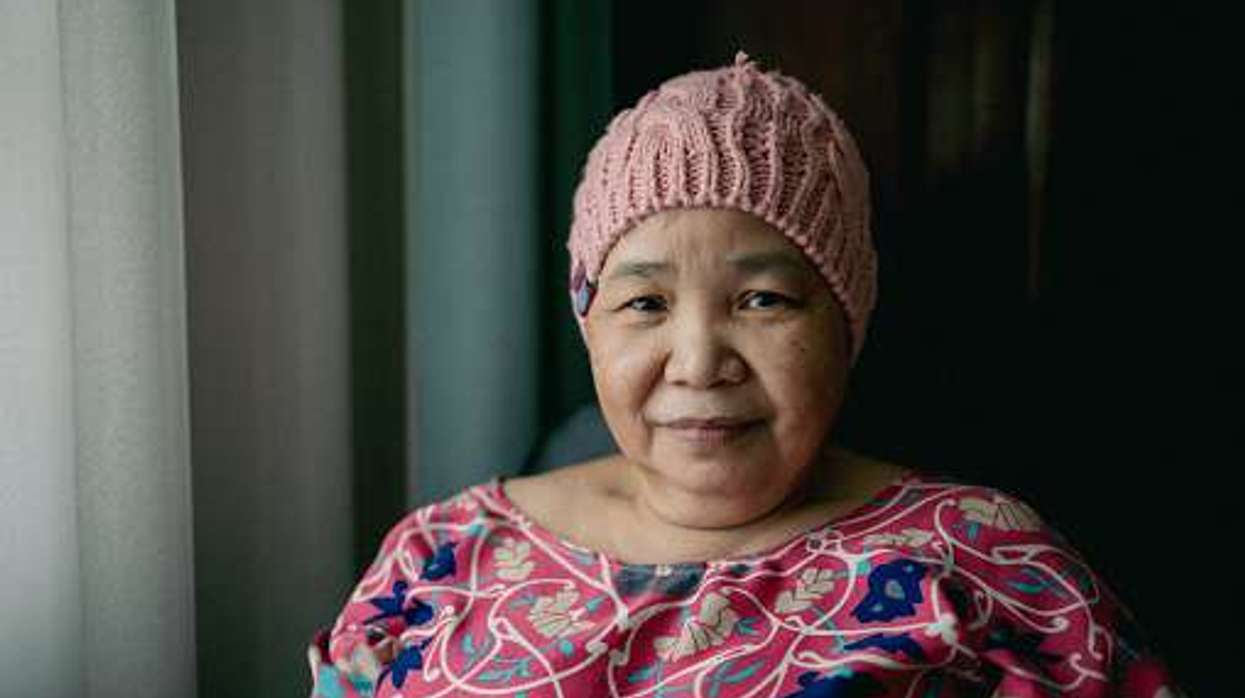The Pharmacists’ Defence Association (PDA) has welcomed the government’s defeat in the House of Lords on the Strikes (Minimum Service Levels) Bill.
It believes that the proposed Bill, if enacted, would allow the government to dictate minimum levels of service during times of industrial action, enabling employers to name specific employees that they require in work.
Those employees could then face losing their jobs if they failed to turn up to work on that day. Trade unions could also be fined if they did not force those named individuals to go to work.
PDA director, Paul Day said, “This Bill should be of real concern to pharmacists and other health professionals. The idea of their employer being able to effectively conscript them to work or face the sack does not feel like a positive employment relations environment.”
The House of Lords has voted for key amendments to the Bill to prevent unions from being required to force workers to comply. This also prevents workers from being forced to work or face the sack and allows for greater consultation and Parliamentary scrutiny on the proposals which the Westminster government is trying to implement.
The House of Commons will now be required to vote on the amendments over the next few weeks. Whilst the House of Lords amendments are likely to be defeated, it shows the degree of opposition there is to this Bill.
Day added: “The PDA stands alongside other trade unions, civil rights organisations, and others in our opposition to the government’s proposal. Our members, and other workers, should have the right to take industrial action without fear of dismissal – such legislation is draconian and does nothing to foster good working relations between employers and employees.
Even when industrial action is not actually called, that employers know it is a possibility can encourage them to meet with the representatives of the workforce and reach a sensible solution. However, if the practical choice of taking industrial action as a last resort to resolve disputes is removed then the profession would ultimately have few options to resist whatever employers proposed.”











